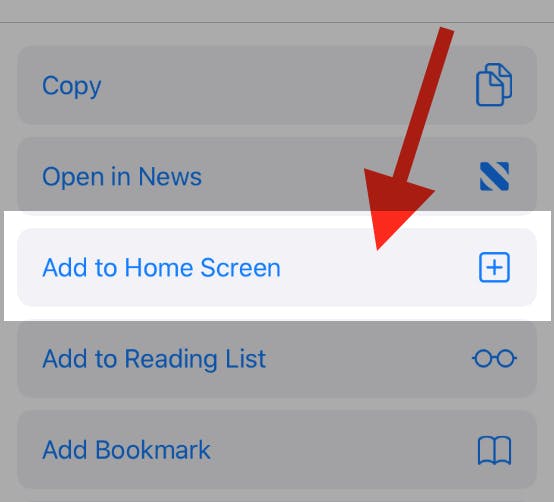A Complete Guide To Developing A Mobile Marketing Strategy
Developing A Mobile Marketing Strategy for Your Business
In an age dominated by smartphones and tablets, a robust mobile marketing strategy is no longer a luxury but a necessity for businesses aiming to remain competitive. From startups to multinational corporations, recognizing the power of mobile users and tailoring marketing efforts to this medium can lead to increased brand visibility, engagement, and conversions. This article will guide you through the process of developing an effective mobile marketing strategy.
Mobile devices are now integral to our daily lives. From communication to entertainment and shopping, the convenience and immediacy offered by these devices make them the preferred choice for online activities. Thus, companies must pivot their marketing strategies to align with this changing consumer behavior.
Understanding the Mobile User
Before delving into strategies, it's crucial to understand the mobile user. Their habits differ from those using desktops. Mobile users often seek quick information, are influenced by location-based services, and prefer visual content. A sound mobile marketing strategy acknowledges these habits and crafts campaigns accordingly.
Starting with a Mobile-Friendly Website
The cornerstone of any mobile marketing strategy is a mobile-responsive website. This ensures that users have a seamless experience, with pages loading quickly, and content and images displaying correctly, irrespective of the device's screen size. A poor mobile website can deter potential customers, while a good one can enhance user trust and lead to higher conversion rates.
Harnessing the Power of Mobile Apps
While having a mobile-friendly website is essential, many businesses benefit from developing mobile apps. Apps offer a direct channel to engage with users, provide personalized experiences, and can be integrated with other mobile features such as cameras, GPS, and push notifications. From loyalty programs to e-commerce, the potential applications are vast.
Leveraging Location-Based Services
One advantage mobile marketing holds over other forms is the ability to target users based on their location. By utilizing geo-fencing or beacon technology, businesses can send promotions or information to users when they're near a physical store, enhancing the likelihood of in-store visits.
Investing in Mobile Advertising
With millions scrolling through social media feeds or browsing websites on their smartphones daily, mobile advertising offers a massive opportunity. Whether it's through sponsored posts on platforms like Instagram or Facebook or display ads on popular websites, mobile advertising can be a game-changer when done right.
Engaging with SMS Marketing
Even with the rise of various communication platforms, SMS remains effective. Its immediacy and high open rates make it perfect for flash sales, reminders, or promotions. However, always ensure you have the user's consent before sending messages and offer them an easy opt-out option.
Implementing Mobile Payments
The ease of mobile payments, using services like Apple Pay or Google Wallet, has transformed the retail experience. By integrating mobile payments into your business model, you reduce friction in the buying process, making it easier for customers to complete purchases.
Collecting and Analyzing Data
The success of any marketing strategy hinges on understanding and interpreting data. Mobile marketing offers a treasure trove of insights, from user behavior on your website or app to the effectiveness of ad campaigns. This data can inform adjustments, ensuring your strategy remains relevant and effective.
Prioritizing User Privacy
With increased data collection comes the responsibility of ensuring user privacy. Ensure you're compliant with regulations and transparent about how user data is used. This not only safeguards your business from potential legal issues but also builds trust with your audience.
Iterate and Evolve
Finally, remember that the mobile landscape is continually changing. From technological advancements to shifting user habits, what works today might be obsolete tomorrow. Continuously evaluate and adapt your strategy, keeping the user's needs and preferences at its core.
In conclusion, as mobile devices continue to shape our online habits, businesses must rise to the occasion with a solid mobile marketing strategy. By understanding the mobile user, leveraging technology, and remaining adaptive to changes, companies can position themselves for success in the mobile age. Whether you're just starting or refining your approach, this guide provides the foundation for a successful mobile marketing journey.
Heading
To add this web app to your homescreen, click on the "Share" icon
![]()
Then click on "Add to Home"

To add this web app to your homescreen, click on the "Share" icon
![]()
Then click on "Add to Home"

It looks like your browser doesn't natively support "Add To Homescreen", or you have disabled it (or maybe you have already added this web app to your applications?)
In any case, please check your browser options and information, thanks!
It looks like your browser doesn't natively support "Add To Homescreen", or you have disabled it (or maybe you have already added this web app to your applications?)
In any case, please check your browser options and information, thanks!